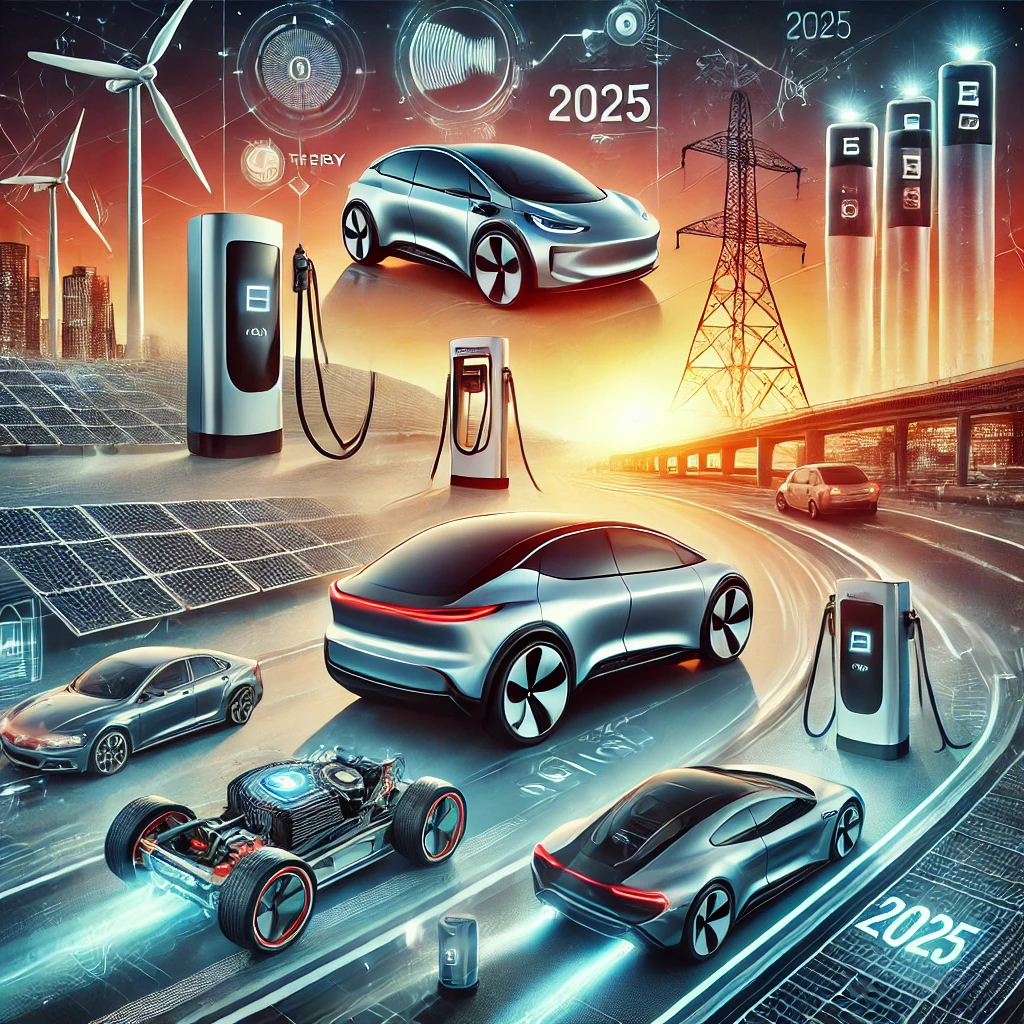The Future of Electric Cars: What You Need to Know in 2025
Electric vehicles (EVs) are no longer just a trend—they are the future of transportation. As we head into 2025, advancements in EV technology are making these cars more affordable, efficient, and accessible than ever. If you’ve been curious about electric cars, this guide covers everything from cutting-edge battery innovations to the global push for greener roads.
1. Why Are Electric Cars Gaining Popularity?
Electric cars are quickly becoming the preferred choice for drivers, and here’s why:
- Environmental Impact: EVs produce zero tailpipe emissions, making them a crucial solution to combating climate change.
- Cost Efficiency: With rising fuel prices, EVs offer significant savings over time. Charging an EV costs far less than filling up a traditional gas tank.
- Government Support: Many countries are offering incentives, such as tax breaks and subsidies, to encourage EV adoption.
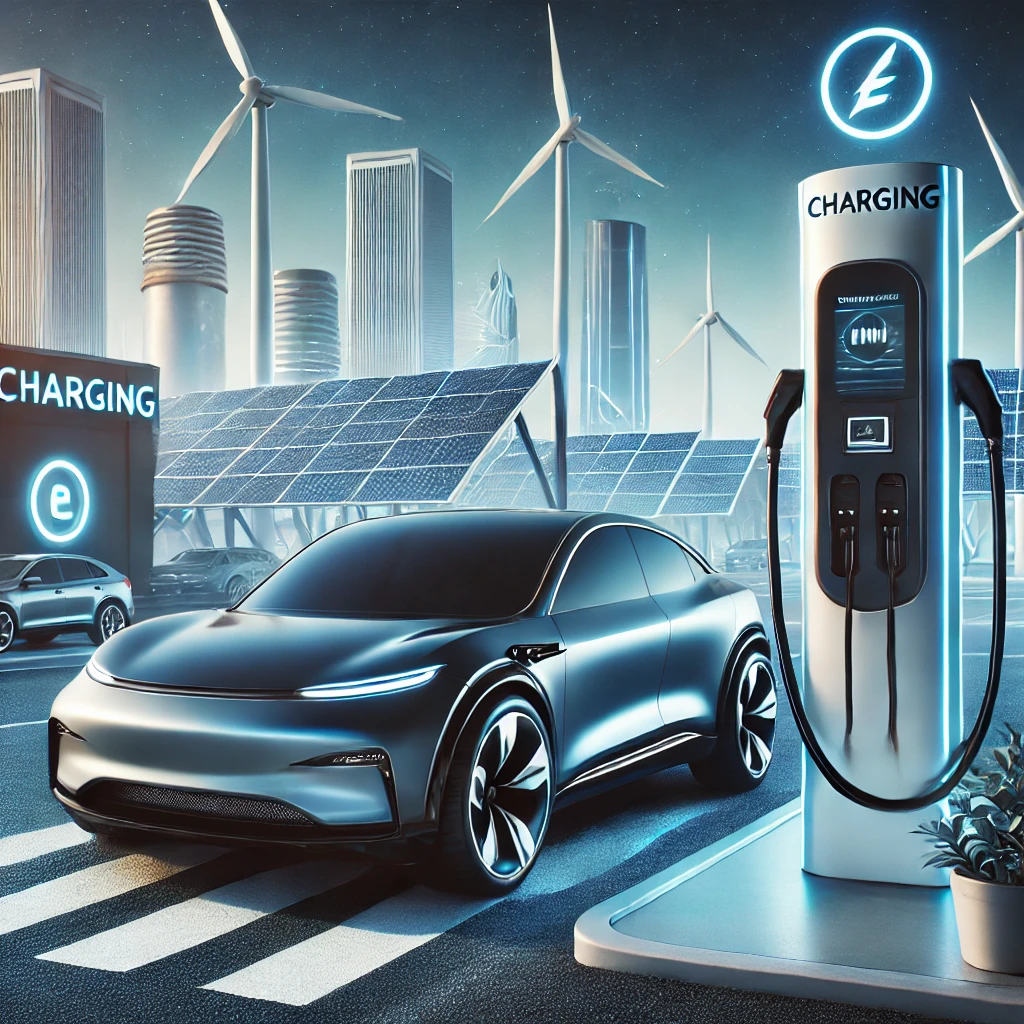
2. Advancements in Battery Technology
2025 is a groundbreaking year for EV batteries. The latest innovations have addressed many concerns, including:
- Extended Range: New EV models can travel over 500 miles on a single charge.
- Faster Charging: Ultra-fast chargers can now power a car from 0% to 80% in under 20 minutes.
- Sustainability: Companies are developing batteries using recyclable and eco-friendly materials, reducing environmental harm.
These advancements mean fewer stops at charging stations and more confidence for long-distance travel.
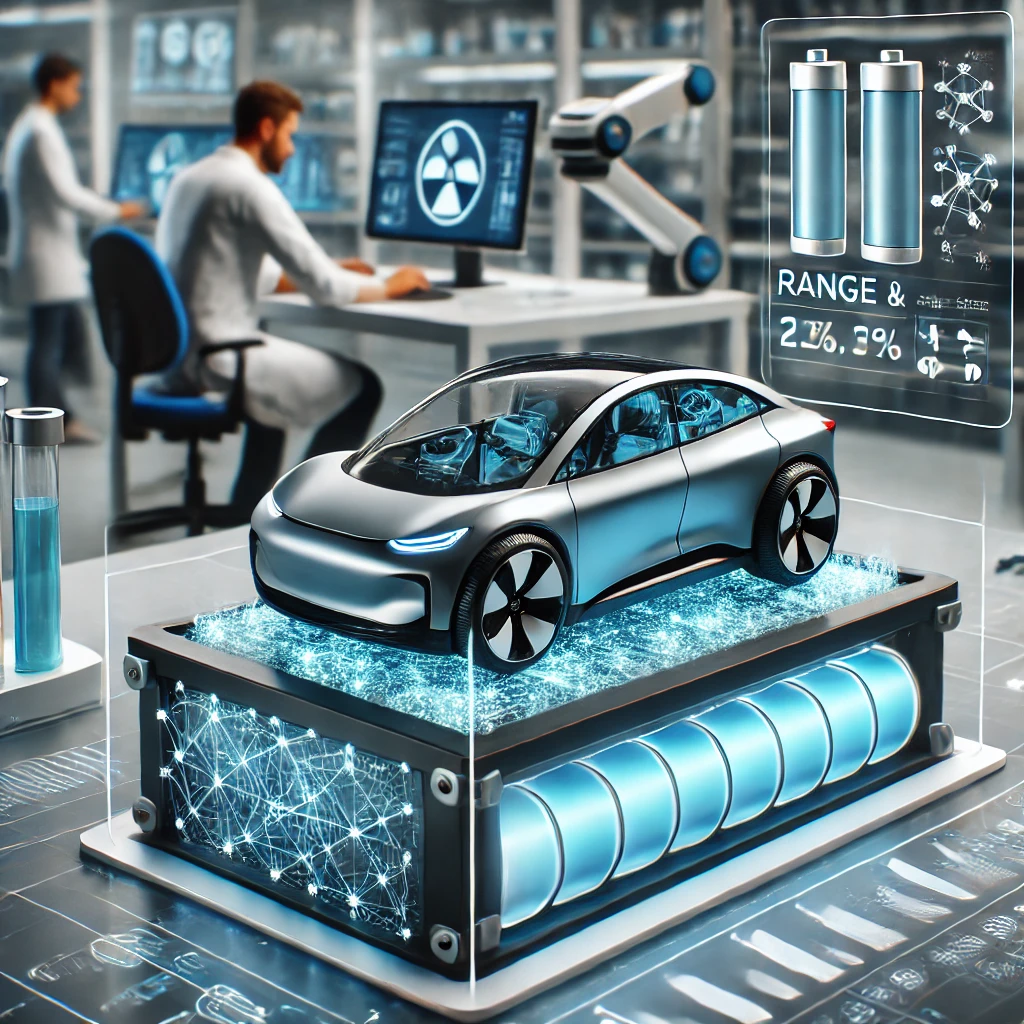
3. Are Electric Cars Affordable?
One of the biggest misconceptions about electric cars is that they are expensive. While early models had high price tags, today’s market offers a wide range of affordable options.
- Budget-Friendly EVs: Cars like the Tesla Model 2 and Nissan Leaf 2025 are designed to be accessible to middle-income families.
- Lower Maintenance Costs: Electric cars have fewer moving parts, which means less wear and tear and lower repair costs.
- Resale Value: As demand increases, the resale value of EVs remains strong.
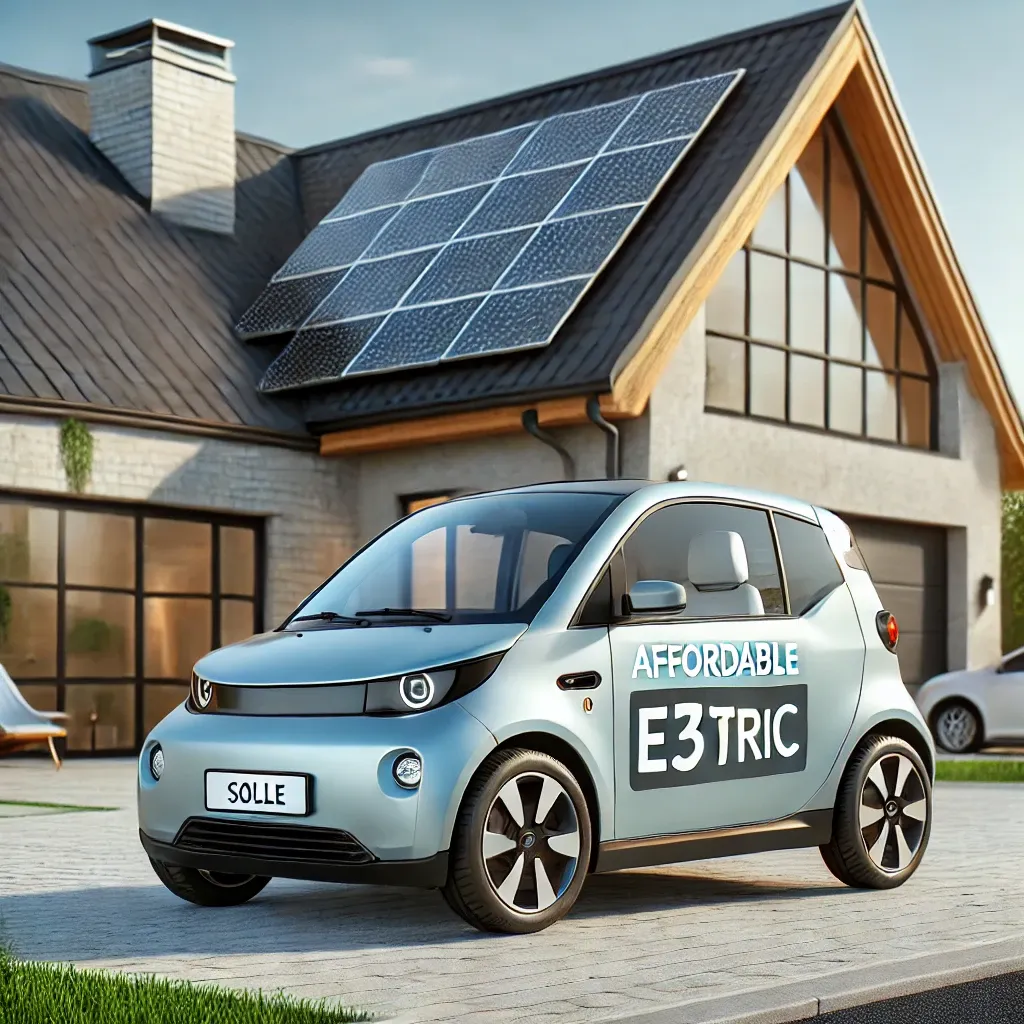
4. Charging Infrastructure: No More Range Anxiety
A common concern among potential EV buyers is the availability of charging stations. Thankfully, 2025 has seen a significant expansion in infrastructure.
- Global Networks: Companies like Tesla, ChargePoint, and Ionity are building fast-charging networks worldwide.
- Home Charging: Affordable home charging solutions allow drivers to charge their cars overnight.
- Solar Integration: Innovative systems now let you charge your car using solar panels, making the process even greener.
Charging your EV is becoming as convenient as stopping at a gas station.
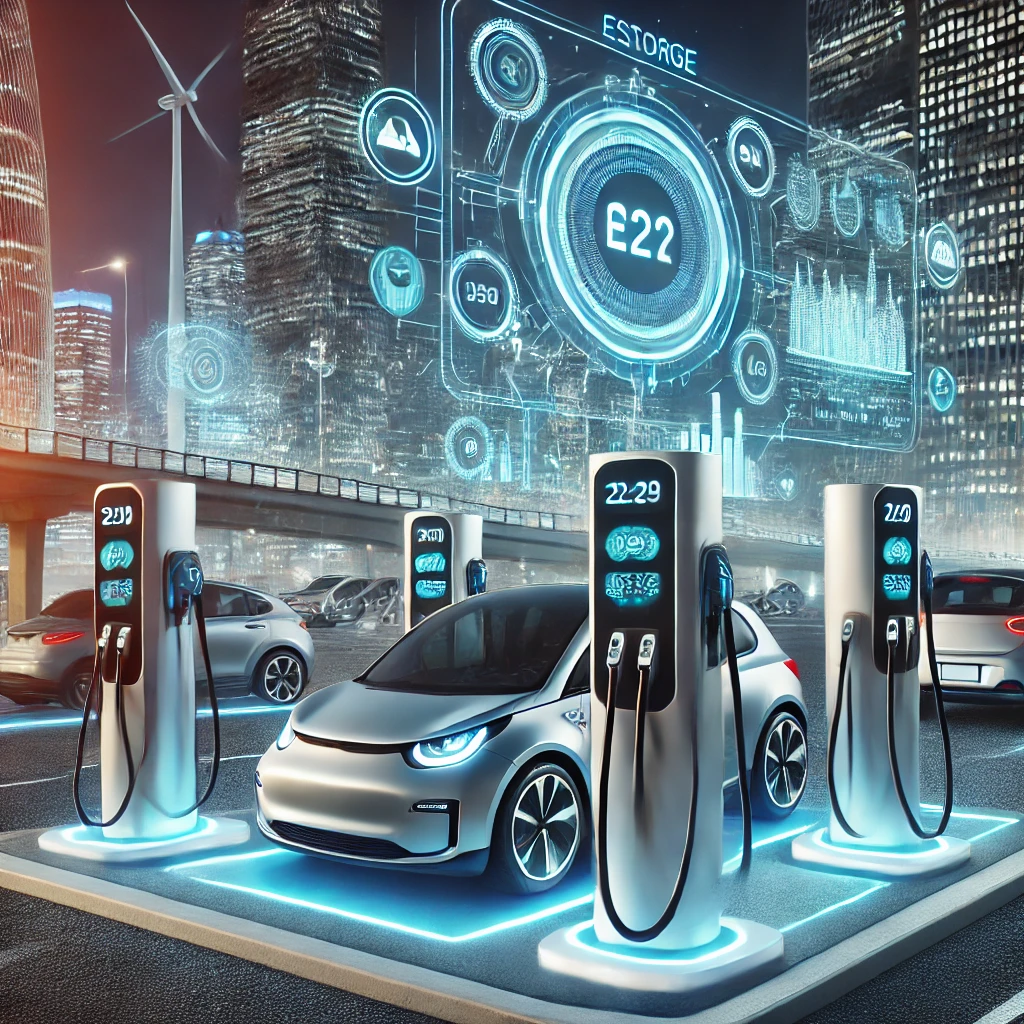
5. The EV Revolution and Job Creation
The shift to electric vehicles isn’t just changing transportation—it’s transforming the global job market.
- Manufacturing: EV production lines are creating thousands of new jobs in battery manufacturing and vehicle assembly.
- Renewable Energy: The demand for renewable energy sources, like solar and wind power, is skyrocketing.
- Technology: Engineers and software developers are in high demand as cars become increasingly digital.
This revolution is reshaping industries and creating opportunities across the globe.
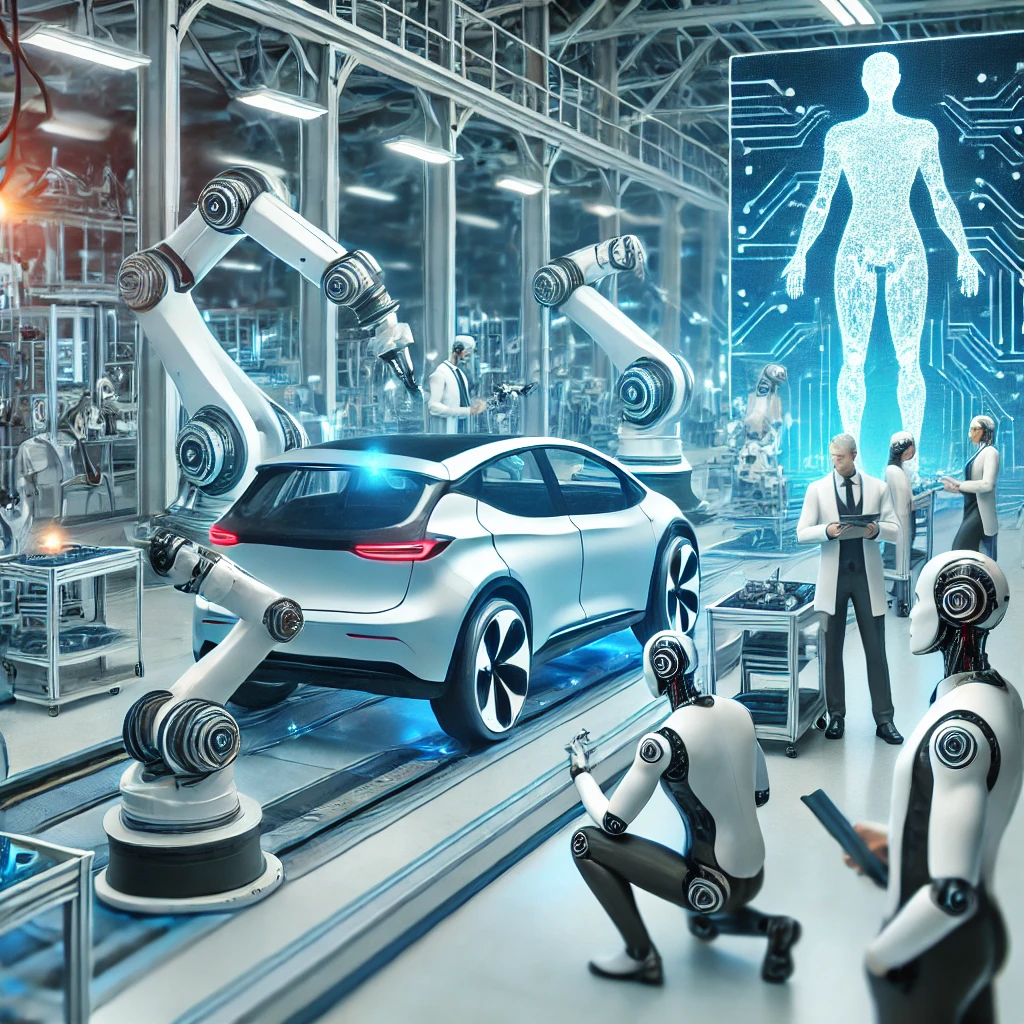
6. The Road Ahead: What’s Next for EVs?
The future of electric cars is bright, with innovations that could completely redefine transportation:
- Self-Driving Technology: Autonomous EVs are expected to become mainstream, making driving safer and more efficient.
- Wireless Charging: Imagine parking your car and having it charge automatically without plugging in.
- Shared EV Networks: Ride-sharing companies are expanding fleets with electric options, making sustainable travel more accessible.
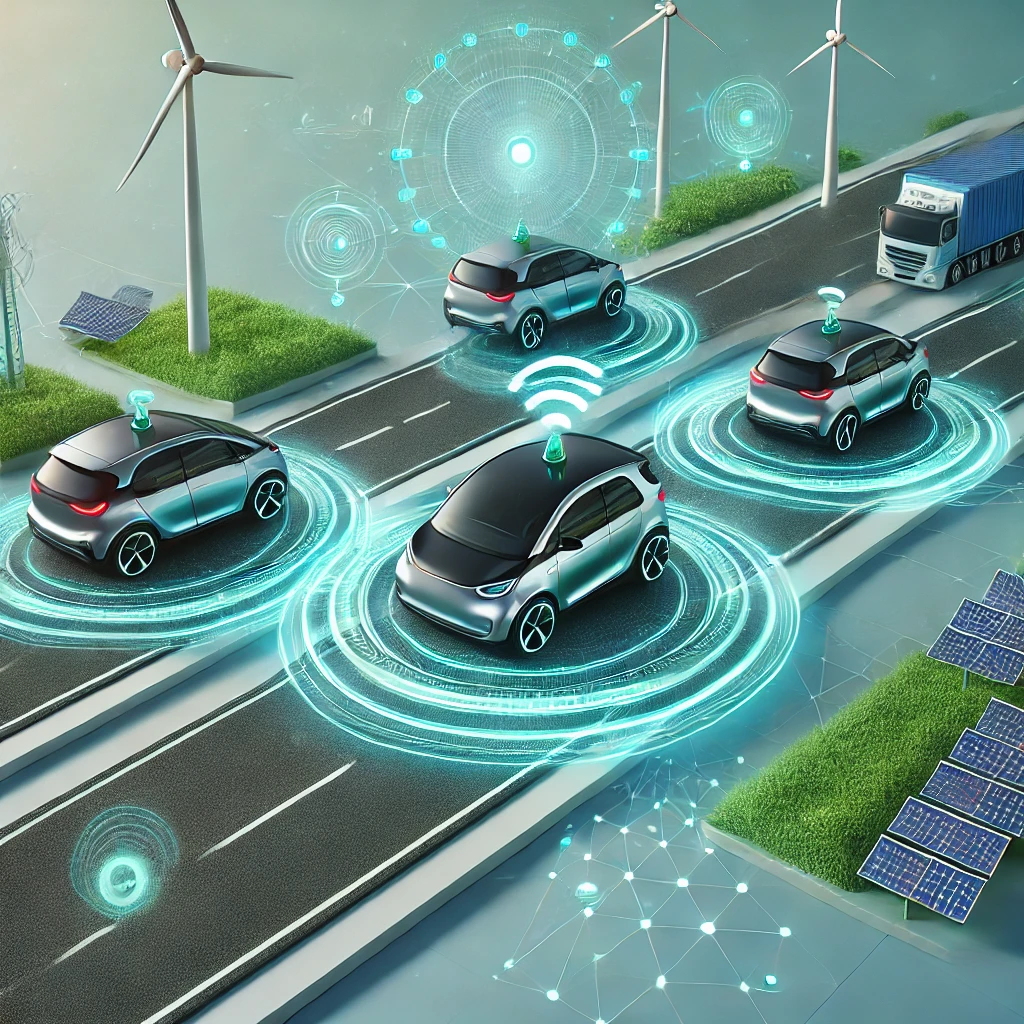
Conclusion
Electric cars are no longer a choice for the future—they are the present. With advancements in technology, affordability, and infrastructure, 2025 is the perfect time to explore the world of EVs. Whether you’re considering purchasing one or simply want to stay informed, the electric car revolution is an exciting journey to be part of.


